July 2023 Archive — Practical health notes you can use
Seven clear, practical posts went up in July 2023. Each one focuses on a common health question you might face: medication safety while breastfeeding, a vitamin-packed supplement, hidden risks for older adults, effects of an HIV drug on blood pressure, morning sickness options, preventing intestinal infection, and faster sprain recovery. Read the short takeaways below so you can act on what matters.
Top takeaways from this month
Levocetirizine and lactation: this antihistamine shows up in breast milk in small amounts. If you’re nursing and need allergy relief, talk to your doctor about timing doses and watching the baby for drowsiness. If the infant seems unusually sleepy or feeding changes, switch to an alternative after consulting your provider.
Acerola dietary supplements: acerola is a natural source of vitamin C and antioxidants. For everyday use pick a product with a clear label and third-party testing. Aim for a reasonable vitamin C dose rather than megadoses, and mention the supplement to your clinician if you take blood-thinning drugs or have kidney issues.
Opioid addiction and the elderly: older adults with chronic pain can develop dependency without obvious signs. Family members and caregivers should check medication lists regularly and ask clinicians for pain reviews. Non-opioid options like physical therapy, topical treatments, and certain antidepressants can work well and lower risk.
Atazanavir and blood pressure: some patients on atazanavir have reported blood pressure changes. If you’re on this HIV medication, check your blood pressure at home and share readings with your specialist. Managing diet, salt intake, and staying active helps, and your clinic can adjust treatment if needed.
Dimenhydrinate for morning sickness: studies haven’t shown a clear link to birth defects, and many pregnant people find it helps nausea. Use the lowest dose that helps and avoid driving if you feel drowsy. Always clear any pregnancy medicine with your obstetrician first.
How to prevent amebiasis: basic hygiene stops this intestinal parasite. Drink boiled or properly filtered water, wash hands before eating and after the bathroom, and peel or cook produce when sanitation is uncertain. If you get persistent diarrhea after travel, see a clinician and mention recent water or food exposures.
Compression gear for sprain recovery: compression reduces swelling and supports tissues while you heal. Use a wrap or sleeve with the right fit — snug but not cutting off circulation. Remove it for a short time each day, keep the injured area elevated when possible, and combine compression with gentle mobility work as pain allows.
Where to go next
Pick the post that matches your question and read the full article for details and practical steps. If a medication or symptom affects you or a family member, call your healthcare provider and share what you learned. These July posts are short, practical reads meant to help you make safer, smarter choices about treatments and everyday health care.
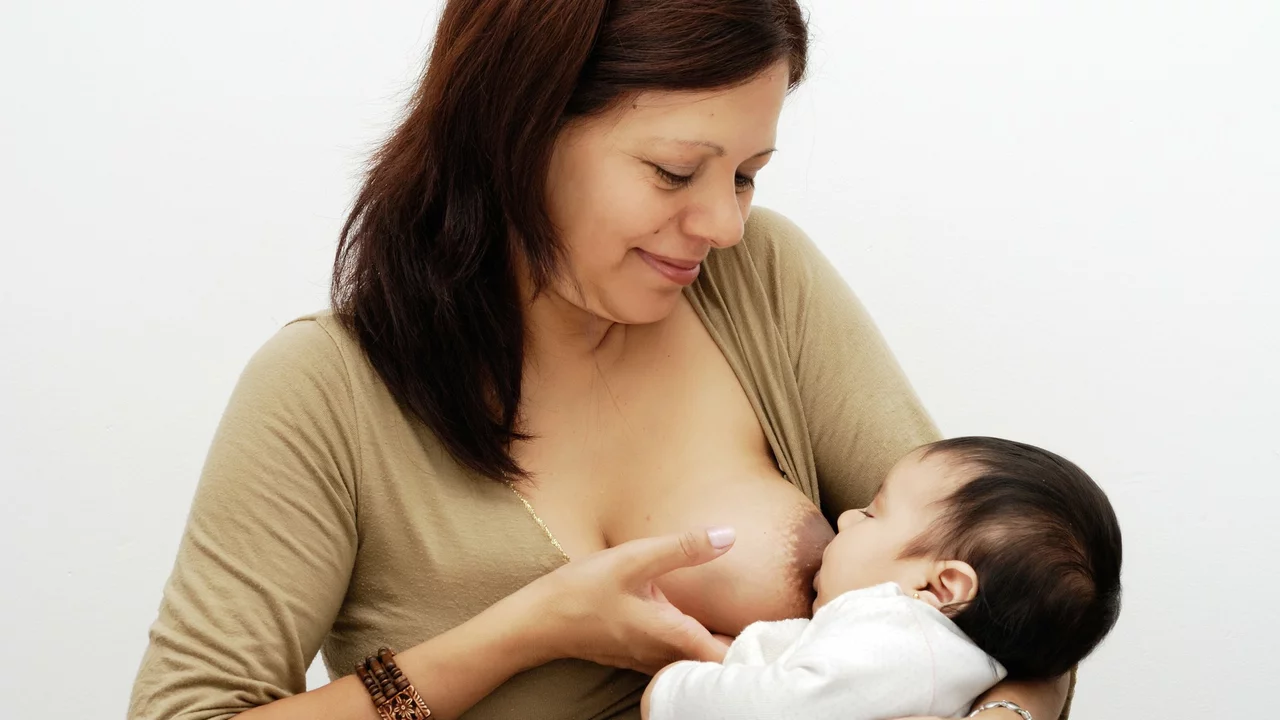
Levocetirizine and Lactation: What Nursing Mothers Need to Know
- 5 Comments
- Jul, 31 2023
Alright, all you super moms out there, let's dive into a topic that might have you scratching your head: Levocetirizine and lactation! Now, don't let that big, fancy word scare you off. It's just a common antihistamine, often prescribed for allergies. While it's generally safe, it can pass into breast milk in small amounts. So, if you're a nursing mom, it's definitely something to chat about with your doctor. Stay informed, stay healthy, and keep being the amazing moms you are!
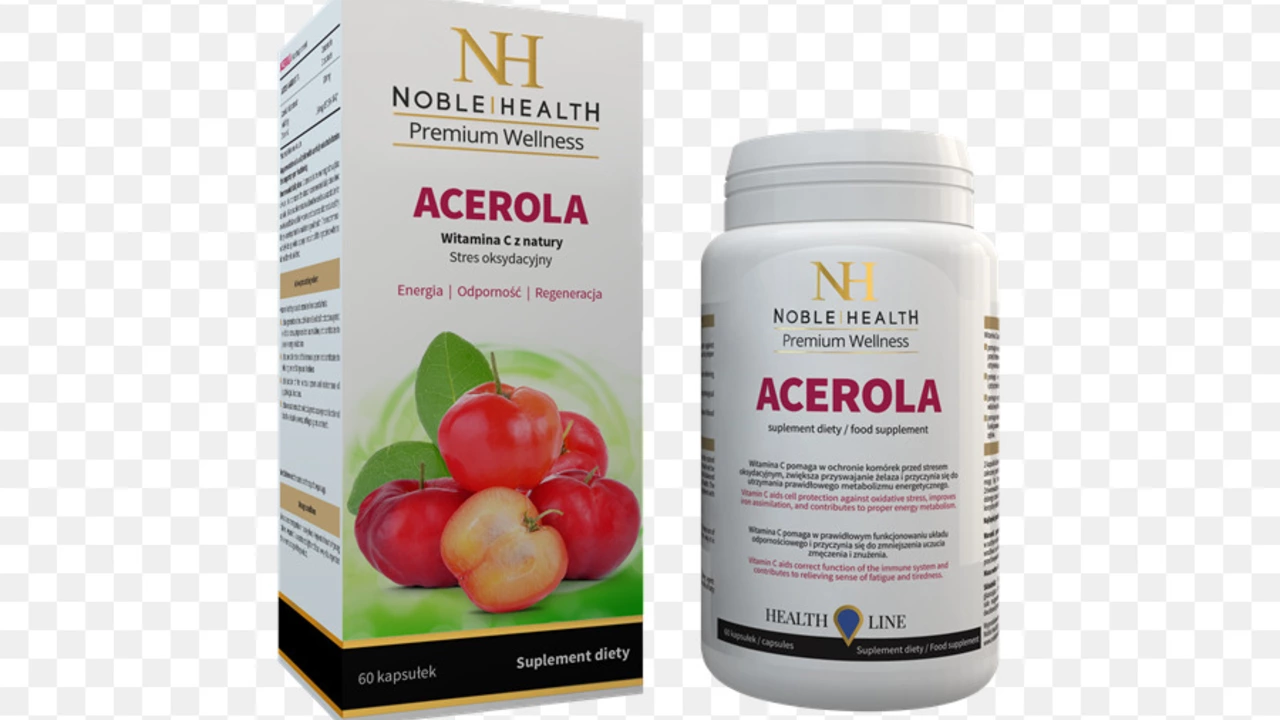
The Secret to Radiant Health: How Acerola Dietary Supplements Can Transform Your Life
- 8 Comments
- Jul, 26 2023
In my recent blog post, I delve into how Acerola dietary supplements can be a game-changer for your health. Acerola, a superfruit packed with vitamin C and antioxidants, contributes significantly to boosting immunity, enhancing skin health, and improving overall wellness. By incorporating Acerola supplements into your daily routine, you can unlock radiant health and vitality. It's amazing to experience how such a small change can lead to a tremendous transformation. If you're on the hunt for an effective way to nourish your health from within, Acerola supplements could be your answer.
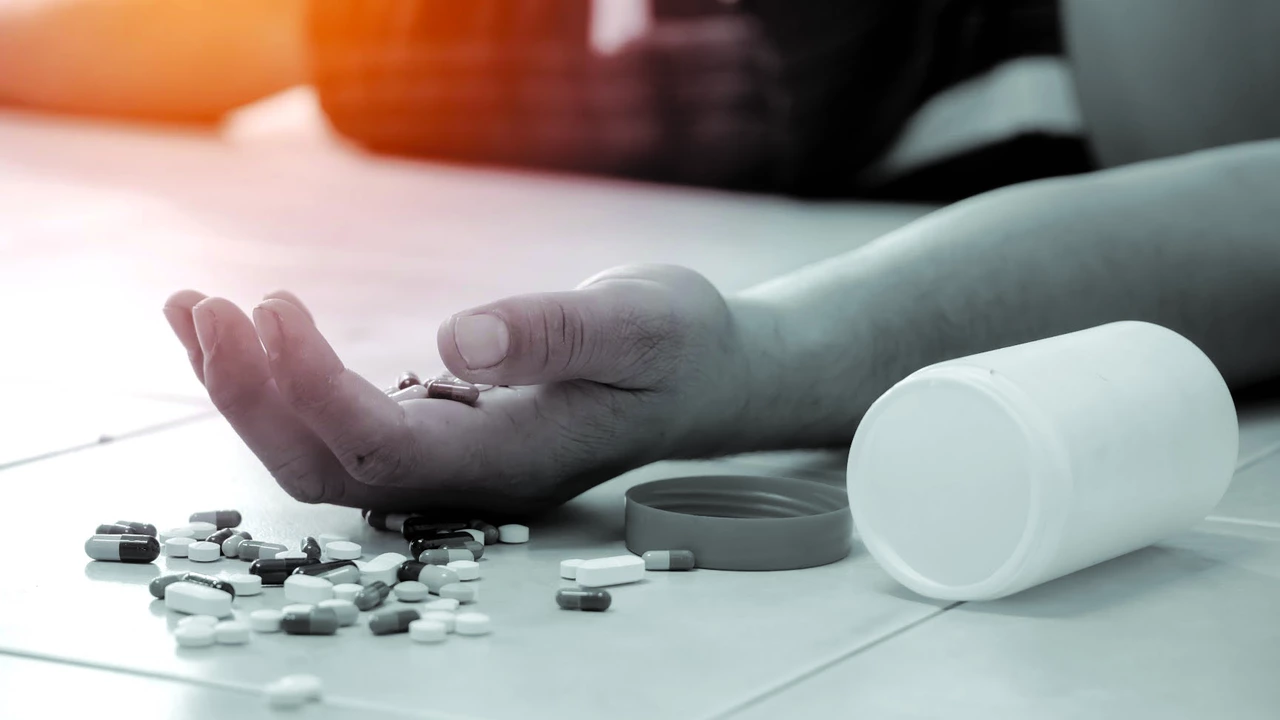
Opioid Addiction and the Elderly: A Hidden Epidemic
- 7 Comments
- Jul, 21 2023
In my latest blog post, I delve into the often overlooked issue of opioid addiction among the elderly, a hidden epidemic that's steadily growing. Many seniors, grappling with chronic pain and other ailments, are unknowingly developing dependencies on these potent drugs. The healthcare community needs to raise awareness and improve monitoring to address this silent crisis. It's crucial to explore alternative pain management methods and provide targeted support to this vulnerable group. Let's bring this issue to light and fight against the escalating opioid crisis among our older population.
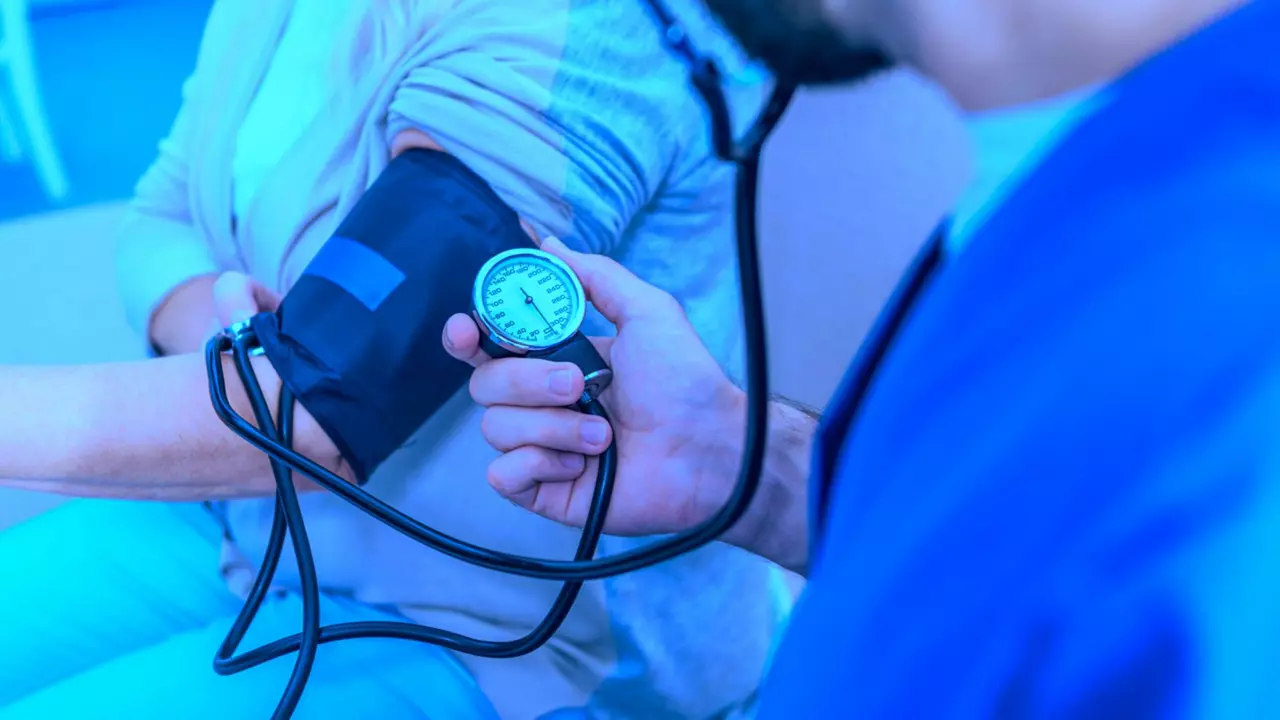
Atazanavir and blood pressure: potential risks and benefits
- 8 Comments
- Jul, 16 2023
In my recent exploration of the topic, I've learned that Atazanavir, an antiretroviral medication primarily used to treat HIV, may have an impact on blood pressure. Some studies indicate potential risks, suggesting the drug could potentially lead to hypertension. However, it's not all alarming. There are also some potential benefits, as the drug is considered less likely to cause metabolic complications compared to other HIV medications. It's crucial to be aware of these aspects when considering Atazanavir as an option for HIV treatment.
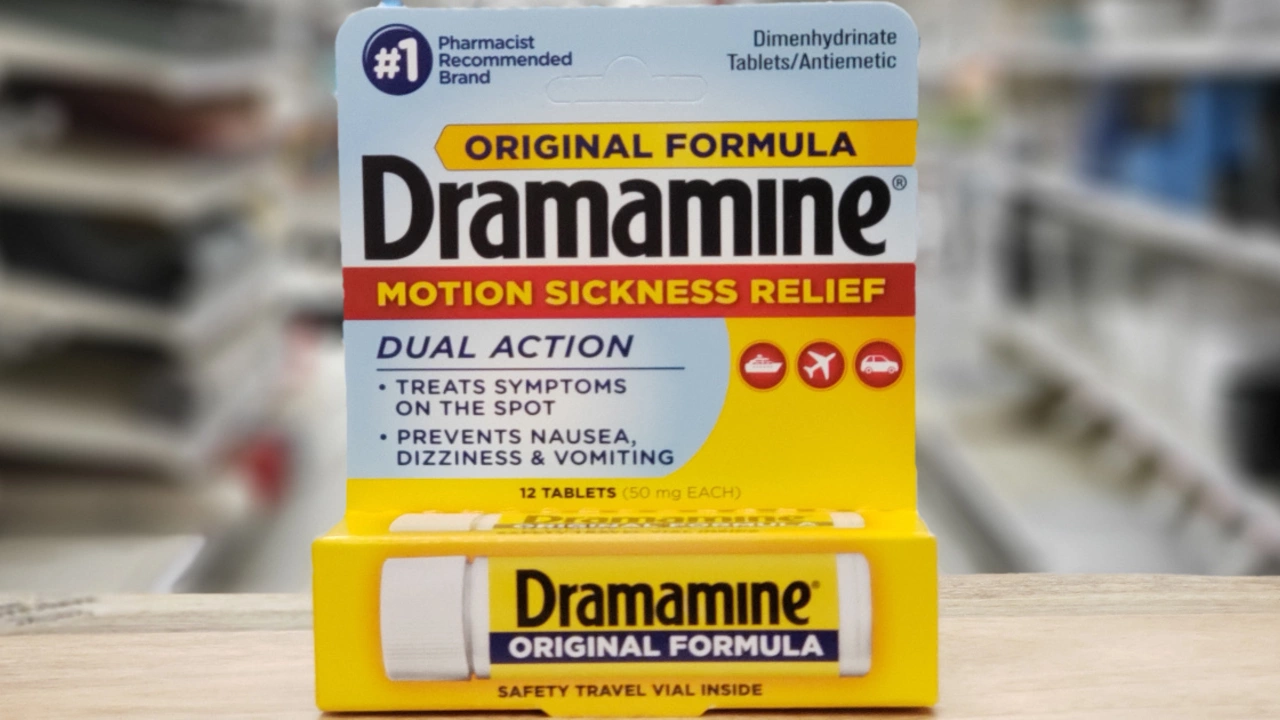
Dimenhydrinate for Morning Sickness: Safety and Effectiveness
- 19 Comments
- Jul, 12 2023
In my recent research, I delved into the effectiveness and safety of Dimenhydrinate for treating morning sickness. It's a popular choice, as it's been proven to successfully alleviate nausea and vomiting often experienced during pregnancy. However, like all medications, it's crucial to understand the potential side effects. Fortunately, studies suggest that it is generally safe for pregnant women, causing no significant increase in birth defects. Yet, it's always best to consult with a healthcare professional before starting any new medication.
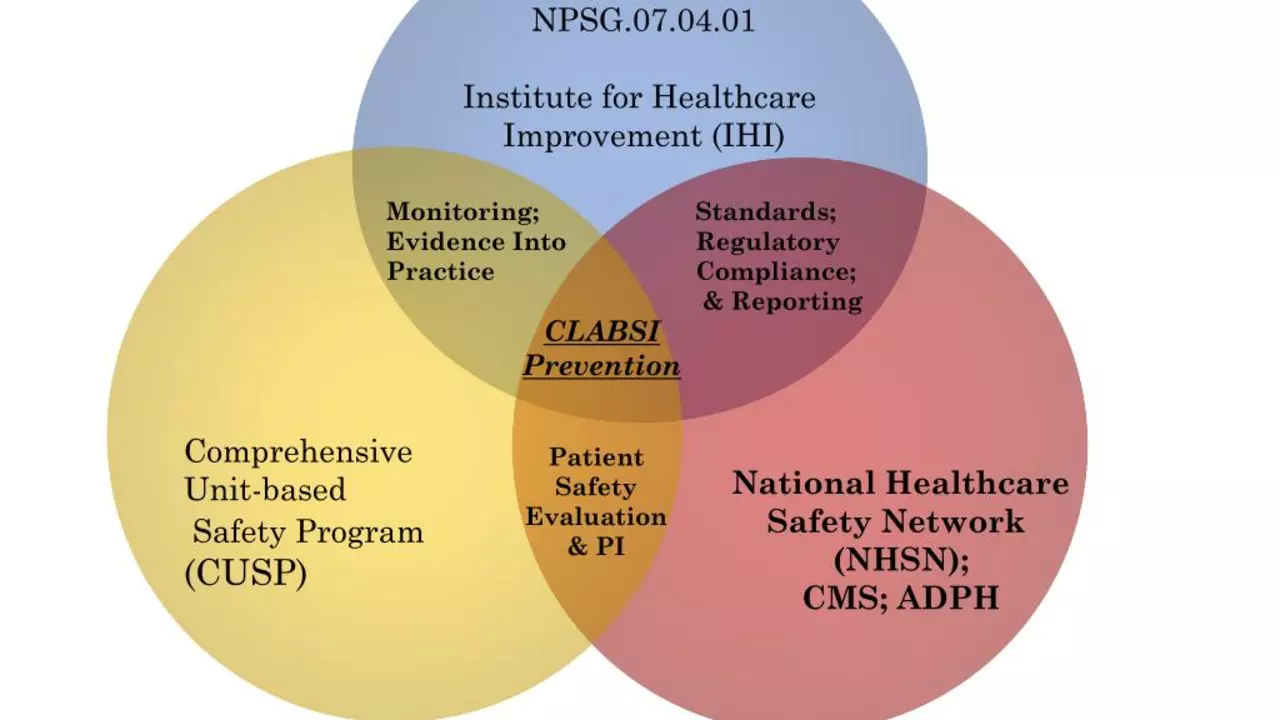
How to Prevent Amebiasis: Top Tips and Strategies
- 13 Comments
- Jul, 6 2023
In my latest blog post, I discussed top tips and strategies to prevent Amebaisis, a parasitic infection that affects the intestines. I emphasized the importance of good hygiene practices, such as regular handwashing and safe food preparation. I also highlighted the need to drink only filtered or boiled water, especially in areas where the water supply may be contaminated. In addition, I suggested seeking medical advice when symptoms appear and to always complete the full course of prescribed medication. Lastly, I stressed the role of public health measures including sanitation and health education in preventing this infection.
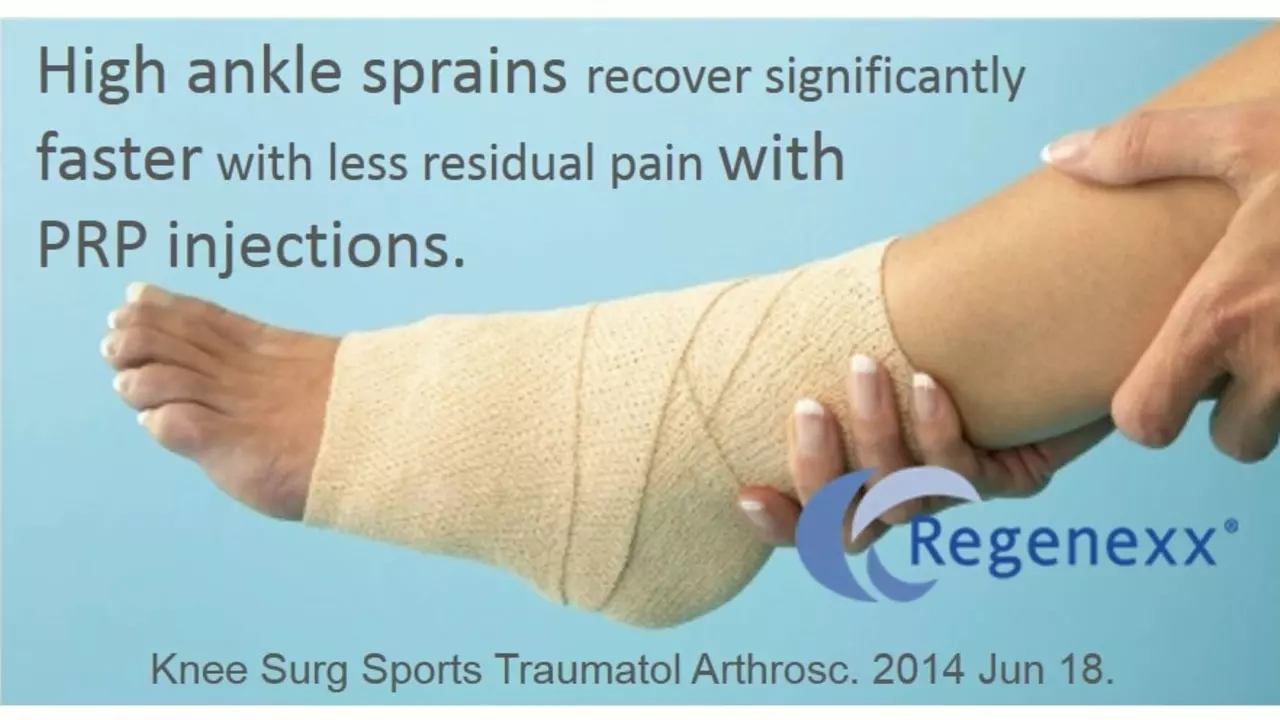
The Benefits of Using Compression Gear for Sprain Recovery
- 12 Comments
- Jul, 1 2023
In my recent exploration of sprain recovery methods, I've discovered the significant benefits of using compression gear. This gear works wonders by reducing swelling and promoting quicker healing due to improved blood flow. It also offers additional support to the injured area, reducing the risk of further injury. I found that it can also help to manage pain, making the overall recovery process much more comfortable. Honestly, it's a game-changer in sprain recovery that I would highly recommend to anyone dealing with such injuries.




